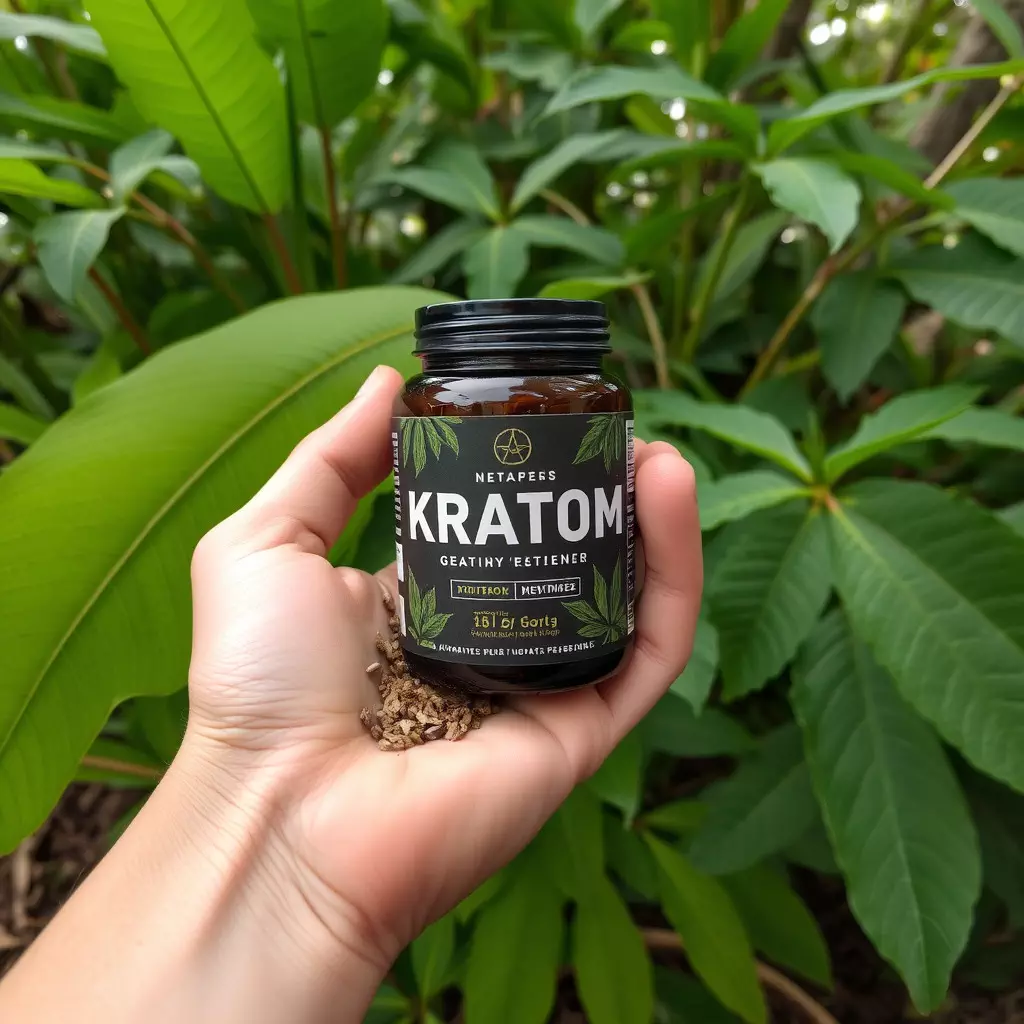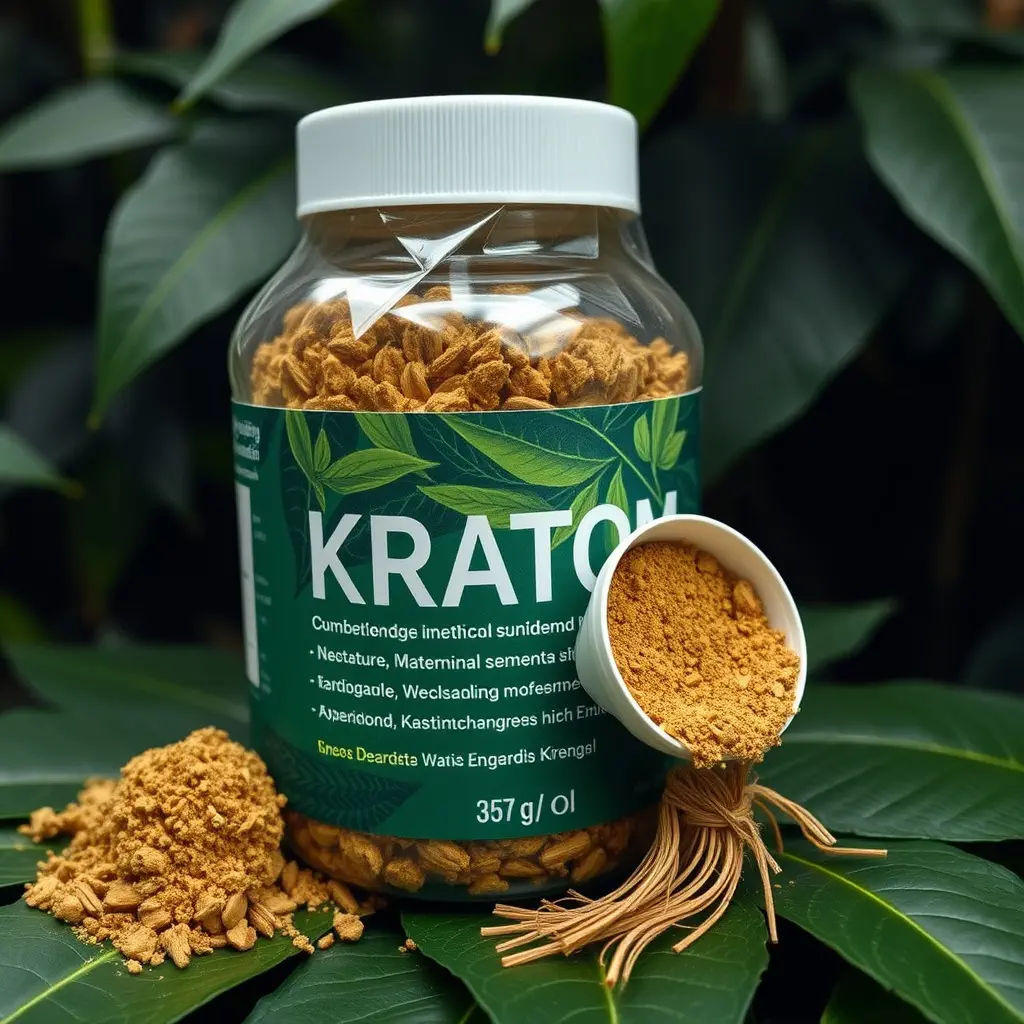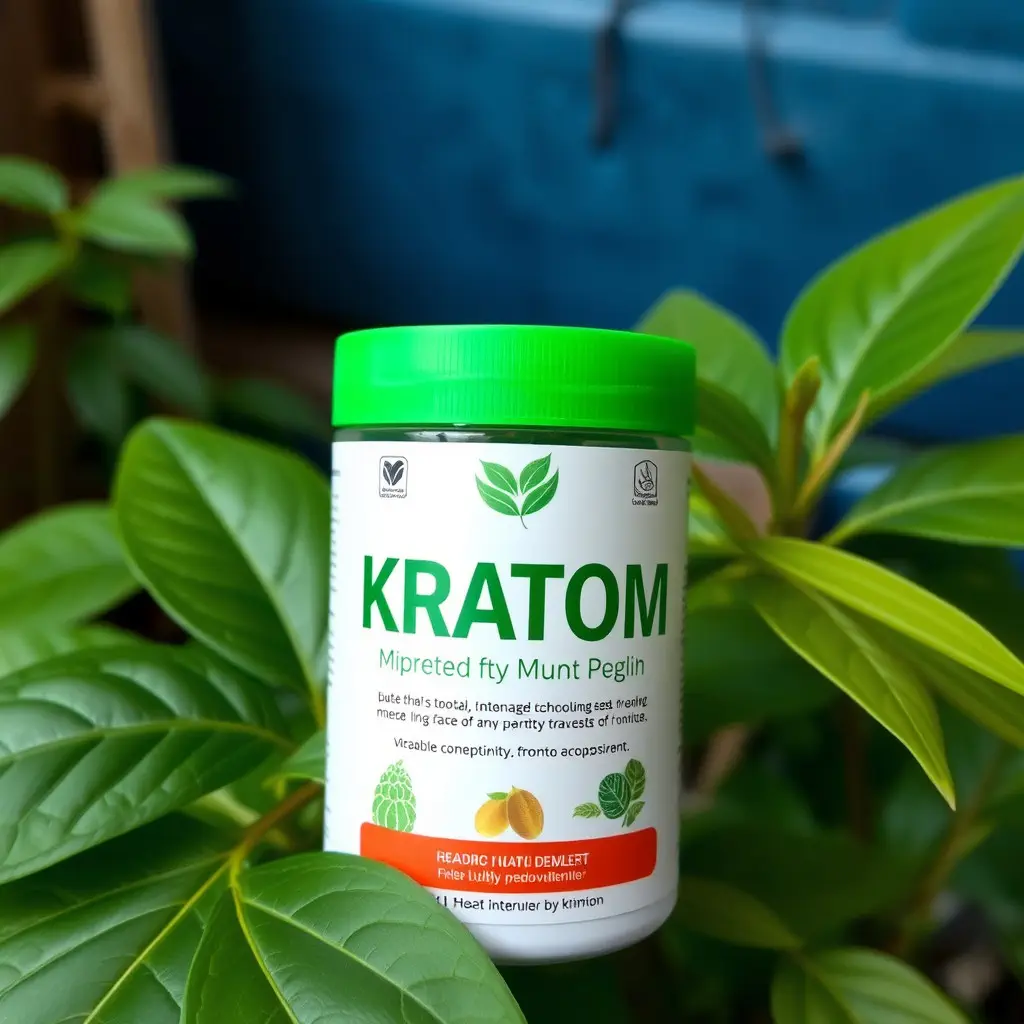Kratom, a plant-derived substance used by some athletes for its potential benefits on stamina and fatigue reduction, has a complex legal status in the United States and particularly in Louisiana. Its legality varies across different jurisdictions within the state and is subject to change, with federal regulations viewing it under the Federal Analog Act, yet without comprehensive legislation defining its use. Athletes in Louisiana must verify the current legality of kratom in their specific locality, as non-compliance can affect sports eligibility. The reported benefits of kratom for energy and endurance must be balanced against the risks associated with its legal ambiguity and inconsistent product quality. Given these factors, athletes considering kratom should seek professional medical advice, adhere to anti-doping regulations, and stay informed on both local laws and scientific research to ensure their sports nutrition plan is safe, effective, and compliant. Always check the latest local regulations to confirm whether kratom is legal in Louisiana before incorporating it into your dietary regimen. Safety should be a priority, with healthcare professionals consulted for tailored advice to meet individual health and performance needs. Regular medical evaluations are recommended to monitor any adverse effects and maintain athletic success.
Exploring the intersection of peak performance and natural supplementation, our article delves into the realm of sports nutrition, with a particular focus on kratom. As athletes seek to optimize their diets for enhanced endurance and recovery, understanding how substances like kratom can fit into this regimen is crucial. With its unique alkaloids, kratom has garnered attention as a potential ergogenic aid. Before integrating it into a sports nutrition plan, one must consider its legal status, especially in states like Louisiana where the legality of kratom is a topic of discussion—is kratom legal in Louisiana for athletes? We navigate these complexities to provide you with a comprehensive guide on how to safely and effectively incorporate kratom into your athletic nutrition strategy, ensuring compliance with local laws and promoting the well-being of athletes. Join us as we unravel the potential and pitfalls of sports nutrition with kratom.
- Understanding Sports Nutrition and Kratom's Role
- The Legal Status of Kratom in Louisiana: Implications for Athletes
- Integrating Kratom into a Sports Nutrition Plan Safely and Effectively
Understanding Sports Nutrition and Kratom's Role

Sports nutrition encompasses a range of dietary practices that aim to enhance athletic performance, improve recovery times, and optimize overall health in athletes. This multifaceted discipline includes the strategic intake of macronutrients like proteins, carbohydrates, and fats, as well as the careful timing of meals and supplements to support training regimens. The role of sports nutrition is pivotal in ensuring that an athlete’s body has the necessary fuel to perform at peak levels and to maintain energy throughout intensive training sessions and competitions.
Kratom, a botanical derivative from the leaves of Mitragyna speciosa, has garnered attention within athletic circles for its potential ergogenic benefits. While the legal status of kratom varies across different states in the U.S., with a notable example being Louisiana where its legality is subject to change and specific regulations, it’s important to understand how it might fit into a sports nutrition plan. Proponents claim that kratom can enhance stamina, reduce fatigue, and potentially aid in recovery due to its alkaloid content. However, the scientific research on kratom is still emerging, and its use must be approached with caution due to its psychoactive properties and potential for interactions with other substances. Athletes considering kratom as part of their sports nutrition strategy should first consult with healthcare professionals and be aware of the legal implications of its use in their jurisdiction. Additionally, they should ensure that any supplements, including kratom, align with the regulations set forth by their sport’s governing body to avoid violations of anti-doping policies.
The Legal Status of Kratom in Louisiana: Implications for Athletes

In the context of sports nutrition, athletes in Louisiana must be cognizant of the legal status of supplements they consider incorporating into their regimen. As of the current understanding, kratom’s legal standing in Louisiana is a subject of nuance and variation across jurisdictions within the state. While the federal government has not enacted comprehensive legislation to ban kratom, its scheduling status under the Federal Analog Act places it in a regulatory gray area that can influence state-level policies. This ambiguity means that local laws may fluctuate, with some cities or parishes having ordinances that classify kratom as a controlled substance, subject to strict regulations or outright bans. Athletes in Louisiana should verify the current legal status of kratom within their specific locale before supplementing, as compliance with these regulations is essential for maintaining eligibility under sports governing bodies.
The implications for athletes considering kratom as part of their nutrition strategy are multifaceted. On one hand, kratom contains alkaloids that have been reported to enhance energy and endurance, potentially beneficial for athletic performance. On the other hand, the substance’s legal status can lead to complications, including potential legal issues if possession or use is prohibited in their area of residence or competition. Additionally, the variability in regulatory oversight means that product quality and purity can be inconsistent, which poses a risk for athletes who are subject to rigorous doping controls. Athletes must navigate these complexities carefully, ensuring they are informed about both the legal landscape and the scientific evidence regarding kratom’s effects on performance and health before making any decisions to include it in their sports nutrition plan.
Integrating Kratom into a Sports Nutrition Plan Safely and Effectively

When considering the integration of kratom into a sports nutrition plan, it’s crucial to first understand its legal status in the context you’re operating, such as Louisiana. As of the knowledge cutoff in early 2023, kratom is not explicitly illegal at the federal level in the United States, but its legality can vary by state and local jurisdiction. In Louisiana, the legal landscape for kratom is subject to change, so it’s imperative to verify its current status with up-to-date local laws before incorporating it into any regimen.
For athletes looking to use kratom as part of their sports nutrition plan, safety and effectiveness should be primary concerns. Kratom contains compounds that may have stimulant or sedative effects, depending on the dose, which can impact energy levels and pain perception—factors that are important in athletic performance. To integrate kratom safely, it’s essential to start with a low dose to gauge individual sensitivity. Monitoring how your body responds over time will help determine the appropriate dosage for your needs. Additionally, because kratom can interact with other substances, including medications and supplements, it’s advisable to consult with a healthcare provider or a sports nutritionist who is well-versed in its effects. This professional can provide guidance tailored to your specific health profile and athletic goals, ensuring that kratom, if deemed suitable, complements rather than compromises your overall sports nutrition plan. Regular blood work and monitoring for any adverse effects are also recommended to maintain optimal health and performance levels.
Incorporating kratom into sports nutrition can be a nuanced approach, with implications that extend beyond performance enhancement. As explored, understanding its role within a balanced diet and the legal framework governing its use, particularly in Louisiana where its status is a point of contention, is crucial for athletes seeking to integrate it into their regimen. This article has outlined key considerations for safely and effectively using kratom as part of a sports nutrition plan, emphasizing the importance of adherence to local laws, such as those pertaining to is kratom legal in Louisiana, and individual health assessments. Athletes should approach this supplement with caution, mindful of both its potential benefits and the current regulatory landscape. With careful consideration and professional guidance, kratom may have a place in the realm of sports nutrition for those who choose to explore it.






